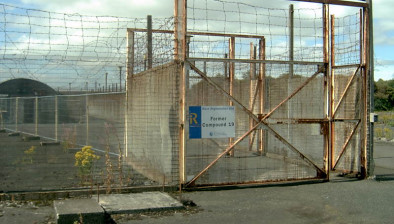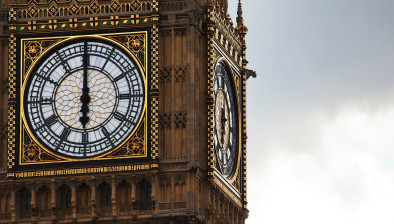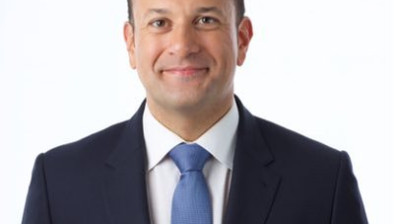UK: Privacy International and Liberty take legal action over police refusal to disclose information on spying tools
 Privacy International has this week filed an appeal challenging UK police forces’ refusal to disclose information on their purchase and use of IMSI catchers.
Privacy International has this week filed an appeal challenging UK police forces’ refusal to disclose information on their purchase and use of IMSI catchers.
IMSI catchers are surveillance tools which mimic mobile phone towers, tricking phones into connecting with them and revealing personal information. Some IMSI catchers can also intercept data, including the content of calls, text messages and internet traffic, and even edit your communications or block your service.
In 2016 Privacy International submitted freedom of information requests to police forces identified by media collective The Bristol Cable as having purchased the monitoring tools.
Each force refused every category of the request on grounds that they could “neither confirm nor deny” (NCND) whether they held the information.
Represented by human rights campaign organisation Liberty, Privacy International is challenging the police forces’ reliance on a ‘neither confirm nor deny’ position – which has allowed the secret purchase and deployment of this intrusive and indiscriminate surveillance technology for years.
The forces’ stance is supported by the Information Commissioner’s Office. Privacy International and Liberty argue it is a violation of the Freedom of Information Act – and have today appealed to the First-tier Tribunal.
Scarlet Kim, legal officer for Privacy International, said: “For years, the police forces have relied on a knee-jerk ‘neither confirm nor deny’ reaction to requests for information about their purchase and use of IMSI catchers, even as reports continue to trickle out that they have spent hundreds of thousands of pounds on this technology.
“This secrecy is all the more troubling given the indiscriminate manner in which IMSI catchers operate. These tools are particularly ripe for abuse when used at public gatherings, such as protests, where the government can easily collect data about all those attending.
“The purpose of the Freedom of Information Act is to empower the public to seek this very type of information - information about government activity that impacts the rights and lives of millions across the country. Instead, the police forces have attempted to strip it of its very meaning. We hope that the First-tier Tribunal will finally permit us to shed much-needed light on police use of this intrusive surveillance technology.”
Megan Goulding, lawyer for Liberty and solicitor for Privacy International, said: “We welcome the tribunal’s examination of an inept system where public bodies are free to ‘neither confirm nor deny’ they hold significant information with next to no rigorous scrutiny of their position.
“It is vital the public is able to access information on the indiscriminate surveillance technology used against us. We hope the Tribunal acknowledges the threat to our rights and encourages a more diligent approach from the Information Commissioner’s Office.”











